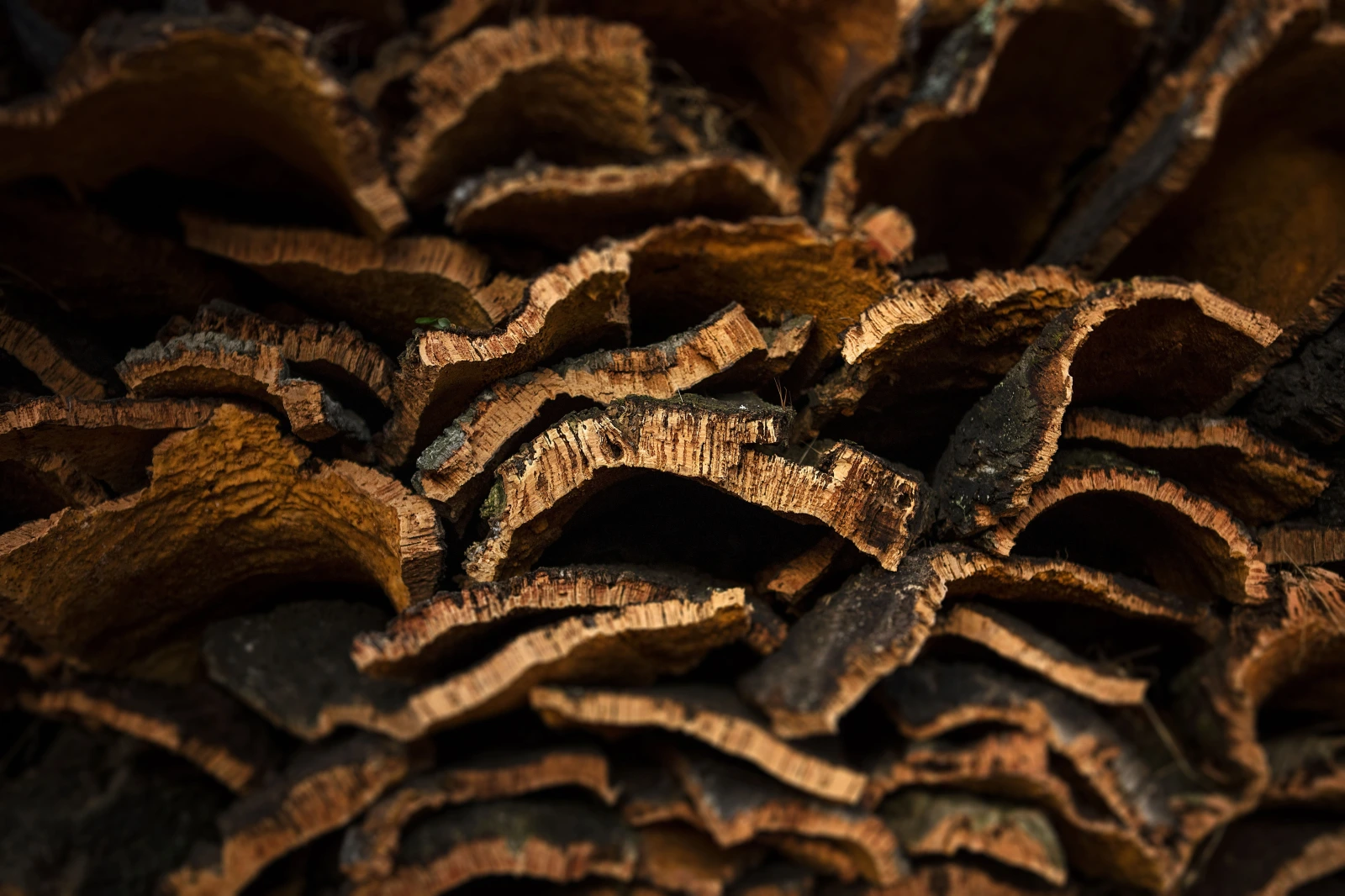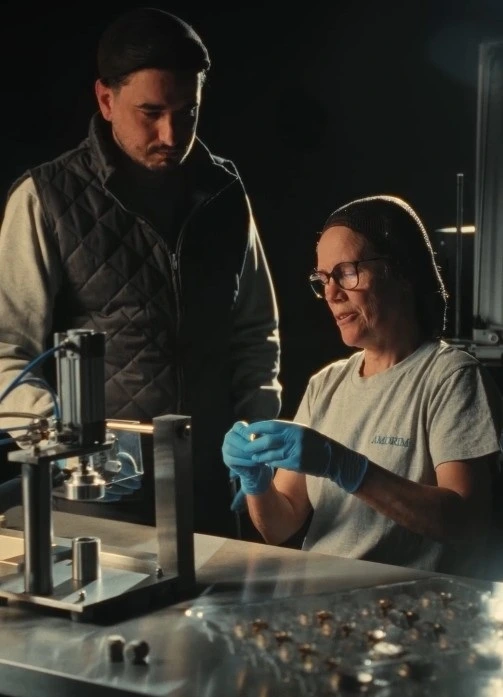Cork's sustainable journey to its end-of-life
Cork is a remarkable material known for its sustainability and eco-friendly properties, from its renewable origin to its harmless end-of-life impact. But how exactly does cork contribute to environmental sustainability throughout its lifecycle?

Renewable origin
Cork is derived from the bark of cork oak trees (Quercus suber), which are found in the Mediterranean region. One of the key features of cork is its renewable nature. The bark of the cork oak tree is harvested without harming the tree itself. The trees continue to live and grow, regenerating their bark every 9 years, which can then be sustainably harvested again and again over a lifetime of up to 200 years. This means that cork is a natural, renewable resource that doesn’t require deforestation or destruction of the surrounding ecosystem.
Low energy consumption in harvesting & processing
Harvesting cork involves minimal energy consumption. The process of removing the bark from the tree is done manually, and the trees are not cut down. After the cork bark is harvested, it is processed with low energy input.
A biodegradable material
One of the most relevant benefits of cork is its biodegradable nature. If discarded in nature, cork is not a threat to the environment. Unlike many other materials, cork doesn’t release harmful chemicals or pollutants when it breaks down. It decomposes naturally and safely, enriching the soil and contributing to the ecosystem’s health. Cork’s decomposition process is gradual, and it doesn’t produce significant amounts of greenhouse gases during this time.
Circular Economy
Cork plays an important role in the circular economy, where materials are used, reused, and recycled to minimize waste and maximize the lifespan of resources. Cork is naturally recyclable, and it can be repurposed, reused, or transformed into new products, from coverings to insulation, sports surfaces, tennis balls, shoes and aircraft components.
By choosing cork, you're not only benefiting from a high-quality material but also supporting a more sustainable future for the planet.

